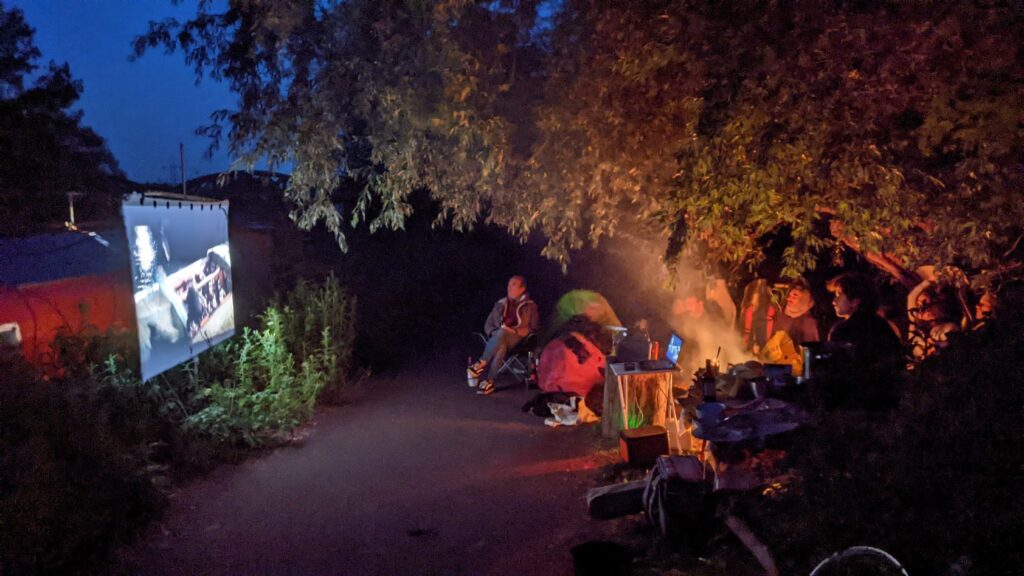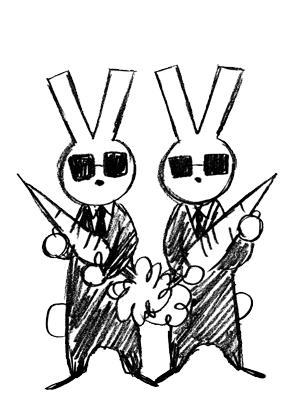Our current #mainstreaming path of paywalls stacked on paywalls isn’t life, it’s a trap, we need a way out. In our everyday lives, we’ve come to accept the absurd:
- You pay to eat food grown on land you don’t own,
- Pay to sleep under a roof that someone profits from,
- Pay to drink water privatized by corporations,
- Pay to breathe, because the air is poisoned by industries that sell you both the problem and the solution.
And if you miss a payment? Game over (inspired by). That’s not a functioning economy, it’s not freedom, it’s a hostage situation, where every basic human need is held behind a transactional barrier, and the meter is always running.
This #deathcult is late capitalism: an endless stack of paywalls enclosing what used to be public, shared, and free. It isn’t just about money, it’s about control, dependency, and isolation. It’s a system that engineers artificial scarcity, so a #nastyfew can profit while the many just try to survive.
But it wasn’t always like this, for most of human history, people lived within commons-based paths, where land was collectively stewarded, food was grown and shared within communities, tools and knowledge were passed down, not patented and governance was often local and participatory.
The last 200 years of “common sense” capitalism is an enclosure of these commons, first the physical ones (land, water, food), and now the digital and social ones (communication, culture, identity). The #openweb, like the open land before it, is being fenced off. Platform by platform. App by app. Cookie banner by paywall.
This enclosure now defines much of our tech infrastructure, every scroll, click, and share is now mediated by profit-driven platforms. Even activism – once vibrant and messy – is being swallowed by slick interfaces and the same throttled feeds. Resistance is filtered, shadowbanned, deboosted, and pushed to monetize. And “our” #NGOs fighting platform power… are doing so on those same platforms.
It’s an absurdity, and worse: it’s a trap. We need alternatives, real ones. We’re not going to “ethics workshop” our way out of this. We need to rebuild the tools of everyday life – economically, digitally, socially – from the grassroots up.
Commons-based systems, let’s turn some “common sense” on it head, instead of private ownership: stewardship. Instead of scarcity: abundance through sharing. This is where projects, like The Open Media Network (#OMN) come in as a practical framework for grassroots media infrastructure:
Built on the #4opens: open data, source, standards, and governance.
Designed to decentralize publishing, and return control to local communities.
Uses both client-server and P2P bridges for accessibility and resilience.
Encourages trust-based networks over extractive platforms.OMN is not just theory, it’s active code, messy dev, and practical tools for people to tell their own stories, host their own content, and build alternative knowledge systems outside corporate media. These technologies make community hosting the default – not the exception. They reduce reliance on fragile or compromised #dotcons infrastructure. They’re imperfect, but they’re a step out of the enclosure.
The point isn’t just tech, It’s power, capitalism doesn’t just gate resources. It enforces relationships of power. That’s why rebuilding tech without addressing governance, ownership, and access won’t get us far. The #geekproblem is real: tech that nobody can use isn’t liberation, it’s just another dead-end.
The alternative? Keep it #KISS (Keep It Simple, Stupid), prioritize social usability over technical elegance, build bridges, not silos, return to shared ownership and open processes. Capitalism is a hostage situation, but we can walk out the door – if we build the exit together.
You’re not powerless, and this isn’t about purity or escape. It’s about building real infrastructure for real life, so when the capitalist system keeps crumbling (as it will), we’re not left scrambling. We’ll already be living differently.
#OMN #MakingHistory #4opens #openweb #p2p #indymediaback #geekproblem #commons #decentralize #cooperative #foss #degrowth #resilience
UPDATE the seed of this post was from a toot, but can’t find the original to link to due to the #UX of mastodon updating and no functioning search on my instance to find history, sorry, add in comments if you find the original. Updated





